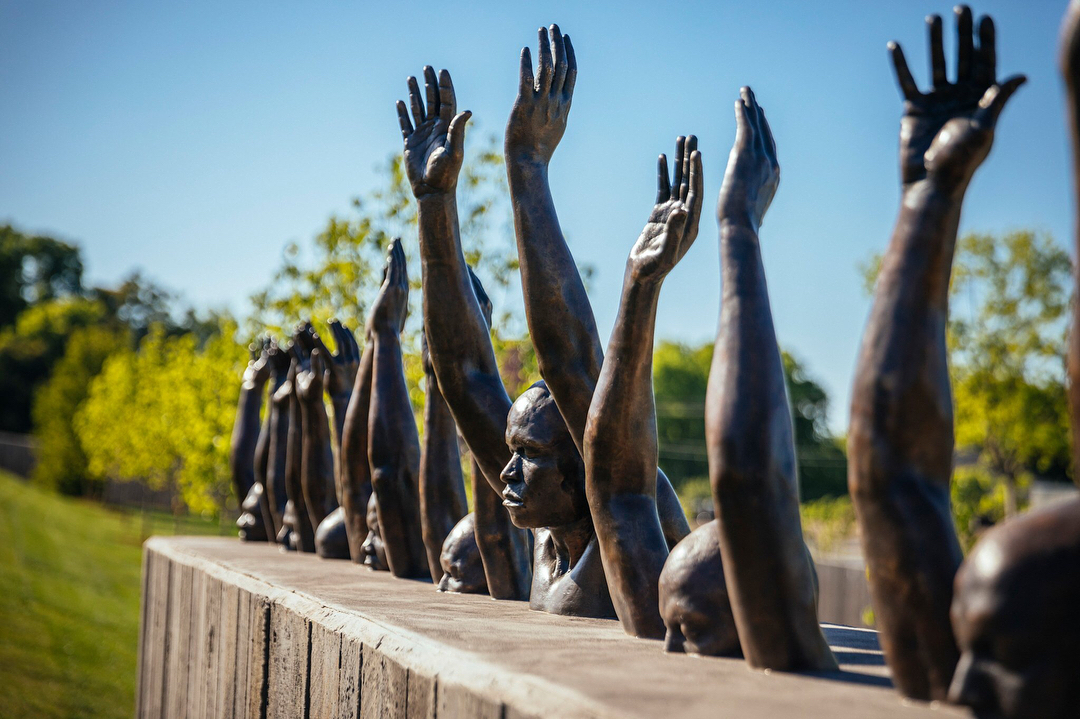
The Andrew W. Mellon Foundation will commit an unprecedented $250 million to overhaul historical monuments in the US over the next five years, the philanthropic organization announced today. The “Monuments Project,” as the ambitious initiative is called, is the most substantial effort in the foundation’s history.
The commitment comes at a time when the question over how America memorializes its history—and who gets to be the face of that history—has never been more pressing. Confederate statues are coming down across the country and new proposals are surfacing to acknowledge previously marginalized histories and to rethink the role monuments play in their communities.
The Mellon’s effort is also the most consequential initiative to come out of the foundation, one of the largest arts and culture philanthropic organizations in the country, since it vowed three months ago to reorient its mission toward social justice work.
“This unprecedented Mellon commitment will help inform our collective understanding of our country’s profoundly diverse and weighty history and ensure that those who haven’t been taught this history can learn it in the public square,” Mellon Foundation president Elizabeth Alexander in a statement. “This effort will further ensure that the many communities that have shaped the United States have greater opportunity to see themselves in the fabric of our remarkable American story.”
The $250 million war chest will be distributed through grants to fund new statuary as well as the re-contextualization or relocation of preexisting monuments. The term “monument” will be broadly defined to mean not only statues and memorials but also spaces like museums and art installations.
The first allowance comes in the form of a three-year, $4 million grant issued to the Monument Lab, a Philadelphia-based independent studio that works with communities around the country to reimagine public spaces through participatory actions. The money will help fund a comprehensive audit of public statuary across the US.
Among those to offer early praise of the project is film director Ava DuVernay, who said in a statement that it “is a buoyant, brave, and brilliant step in liberating the power of story to reveal who more of us are, what more people value, and what all kinds of people from different walks of life want to remember. New legacy. New loyalty. New love.”
Since 2018, when Alexander stepped into her role as president, the Mellon Foundation has meted out $25 million for projects related to public memorials and installations, including $5 million that went toward the building of the National Memorial for Peace and Justice in Montgomery, Alabama, and $2 million for the preservation of important sites of African American history.
“It is really humbling when you look at all the need and realize ‘we give away the most and it still doesn’t even begin to be enough,’” Alexander told Artnet News earlier this year. “We need the arts to take us through dark times. We need the arts to help us imagine a different future.”